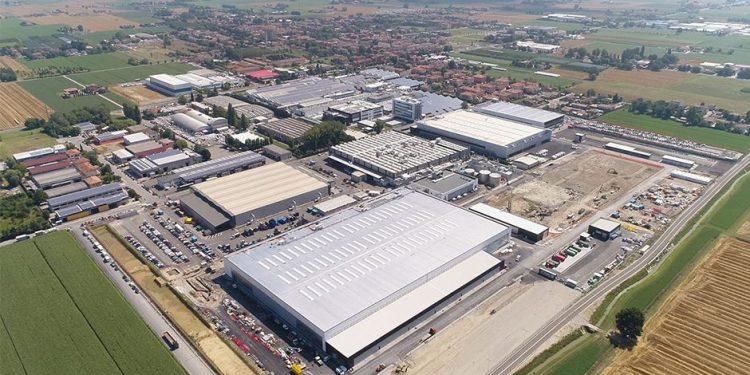Trump’s tariffs are already idling car factories in North America
Words NZ Autocar | Images NZ Autocar
A NY Times article suggests some carmakers are closing factories, laying off workers or shifting production in response to Trump’s recently imposed auto tariffs.
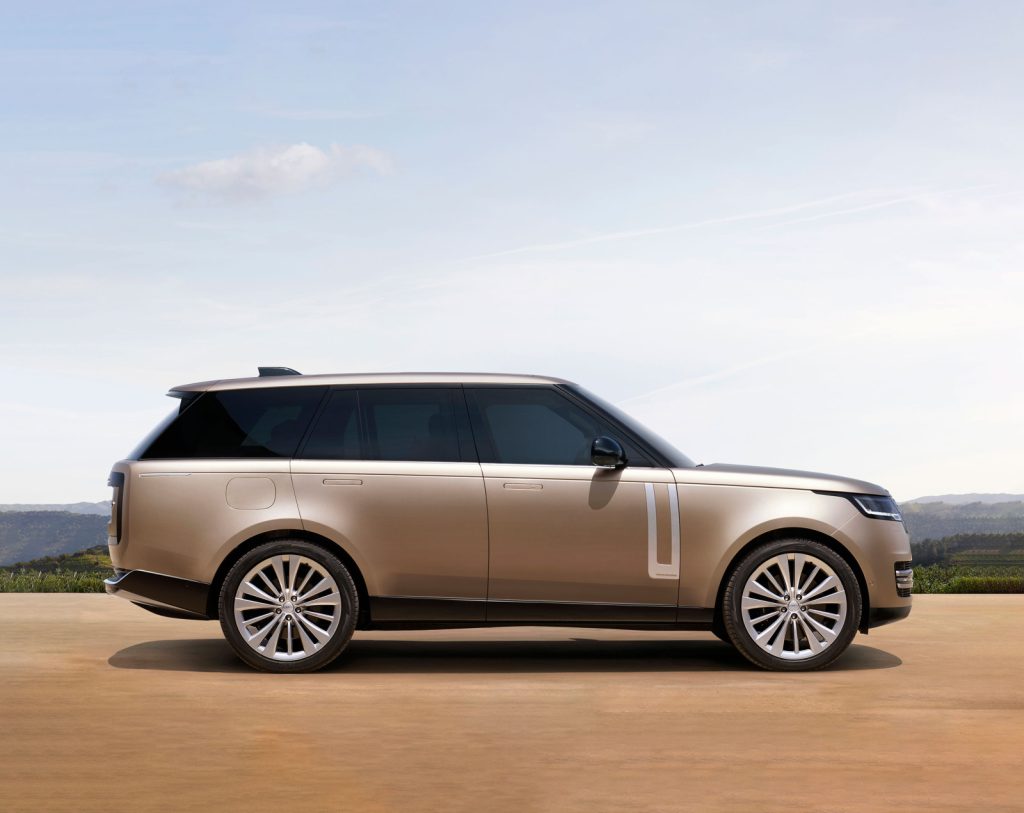
Moreover, a 25 percent tariff imposed on imported vehicles is also sending ripples through the auto industry. JLR has already said that it will stop shipping cars to the United States for the time being. That’s significant as it makes one-fifth of its sales in the US.
Meantime, car companies like Stellantis are shuttering factories in Canada and Mexico that make Chrysler and Jeep vehicles. And it has let 900 workers go from Michigan and other states that supply those factories with engines and car parts.
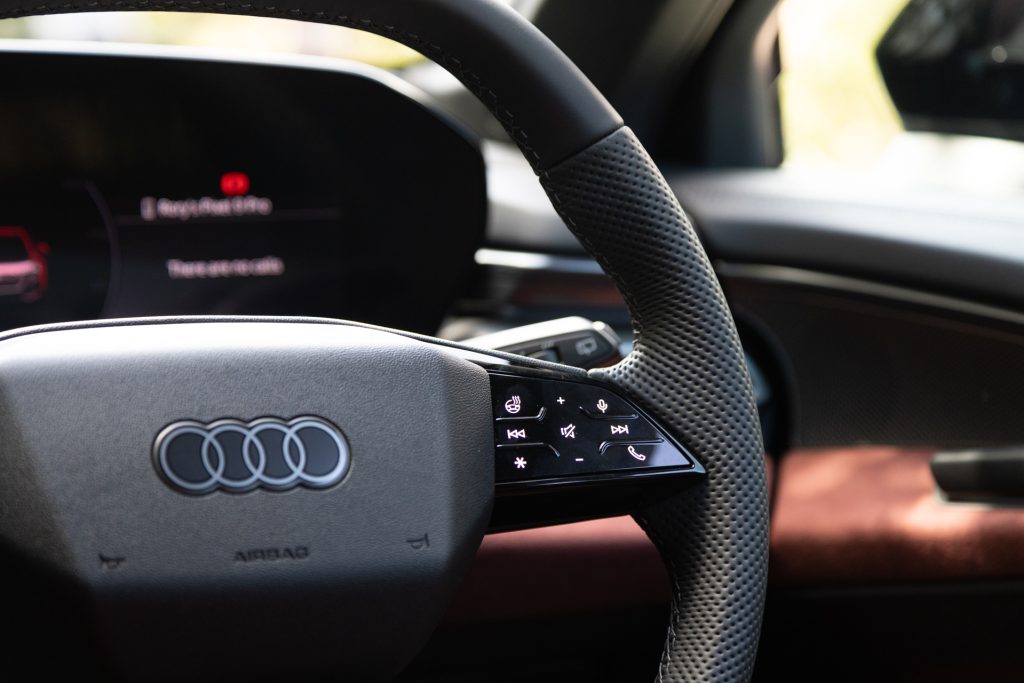
Audi, part of the Volkswagen Group, has halted exports of cars to the United States from Europe. Dealers stateside have been told to sell whatever stock they still have on their yards.
This may just be the beginning too, with higher new car prices and widespread layoffs predicted. The car industry may offer early clues about how businesses will respond to Trump’s trade policies.
Applying the new tariffs to imported cars may increase their cost to consumers by thousands of dollars, reducing demand. For some high-end items like Range Rovers or Audis, the tariffs could add more than $20,000 to the price of each vehicle.
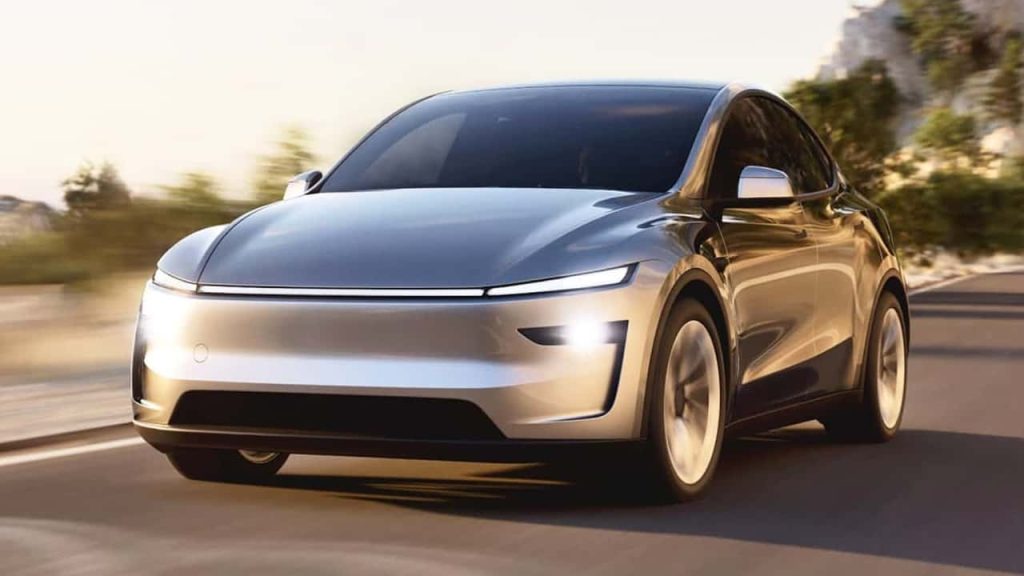
Many automakers are still trying to determine whether they can avoid increasing new car prices to the point they are no longer affordable. Investors can’t see how though, and shares of Ford, GM and Tesla have fallen in the past few days of trading.
Carmakers have never had to deal with the imposition of such high tariffs with such little notice.
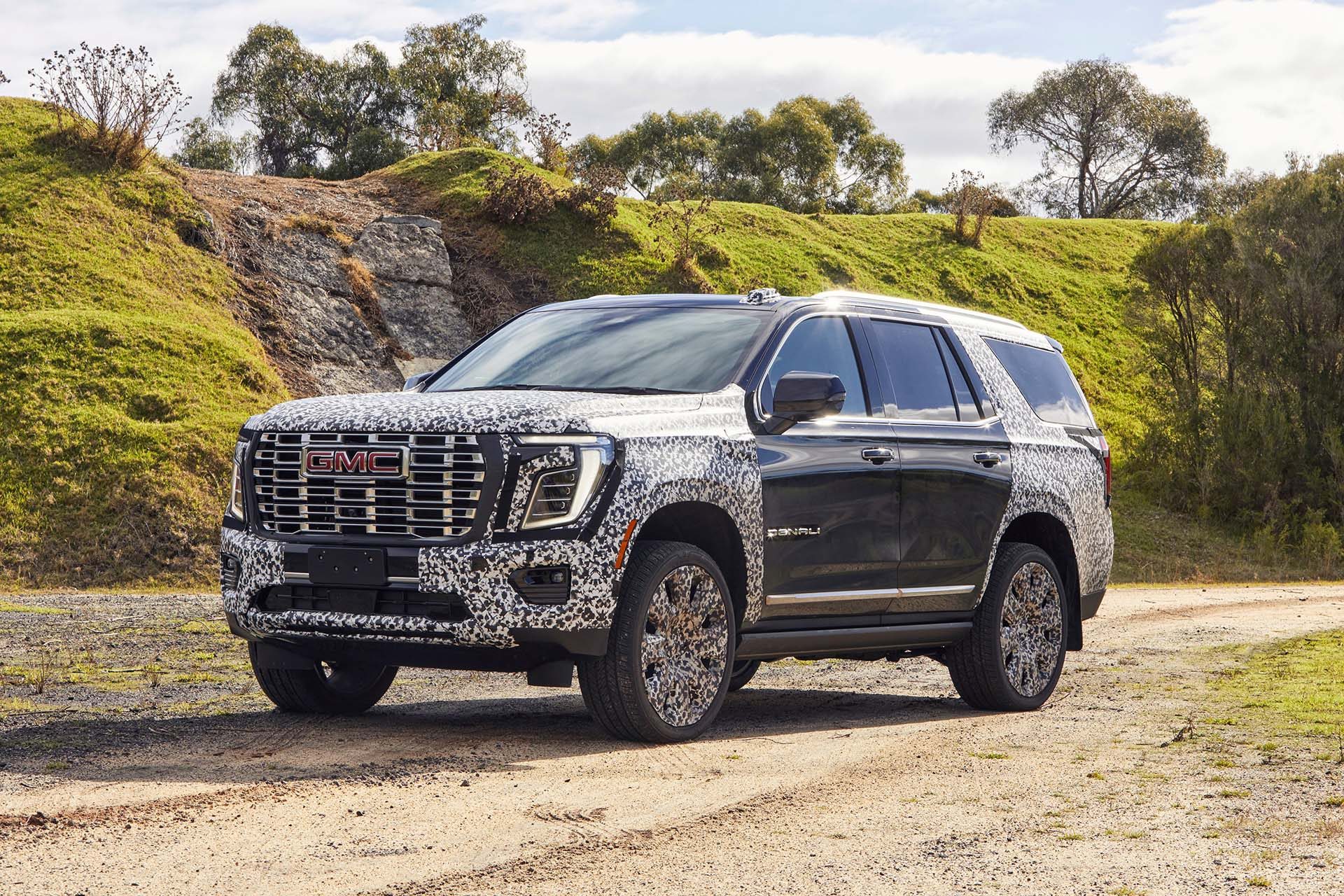
It’s likely that local automakers will focus on producing bigger sport utility vehicles and pick-up trucks that are produced in the US. For those are the most profitable. That way they can try to absorb the impact of tariffs rather than pass costs on to consumers. General Motors said late last week that it would increase production of light trucks domestically. Mercedes-Benz has said it will take advantage of flexible assembly lines at its factory in Alabama. It will concentrate on producing those models that generate the most profit. However, that also means fewer moderately priced new cars for US consumers.
Analysts suggest that the tariffs will not prompt companies to open new factories or reopen closed plants any time soon. At least not until they know whether the tariffs are temporary or permanent.
Some carmakers or suppliers have already made big investments in factories that make electric vehicles or batteries. Those were on the back of incentives offered by the Biden administration. The new order isn’t so big on EVs, cancelling such incentives.
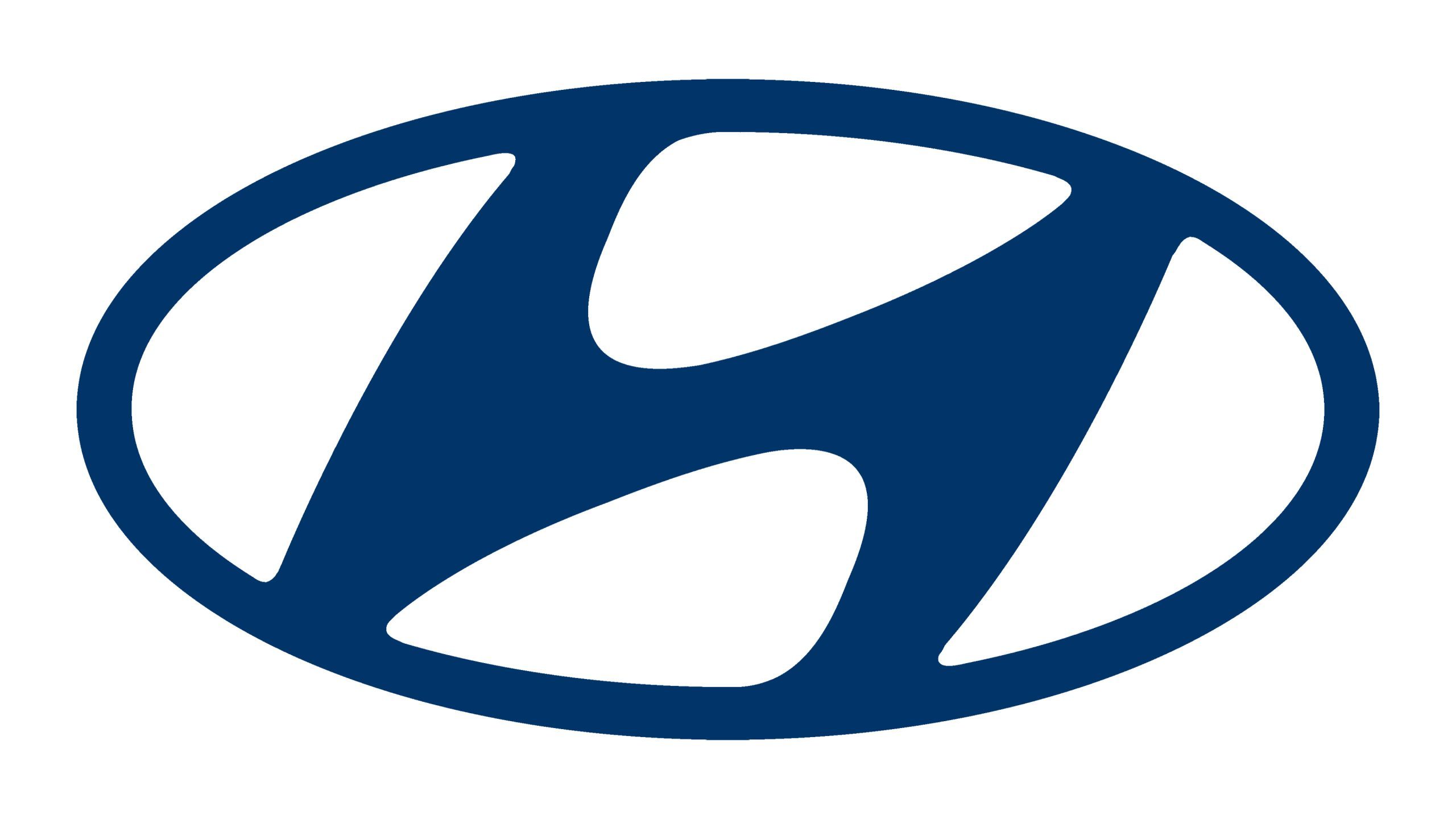
To date, the tariffs have not led to widespread price increases for new cars. Hyundai has said it will not raise prices for its products until at least midyear.
Dealers have reported strong sales of imports like Honda, Subaru and Nissan in recent days as people buy vehicles before price rises take effect. All three Japanese companies have factories in the United States but also import some models.
Another price shock is due in early May when the Trump administration applies tariffs to auto parts. Cars made in the US will also be affected because most require some components from abroad. Repairs will also cost more.
The long-term impact of the new tariffs is hard to predict and the auto business doesn’t appreciate uncertainty. Until such time as things settle down, there will be apprehension in the industry.


